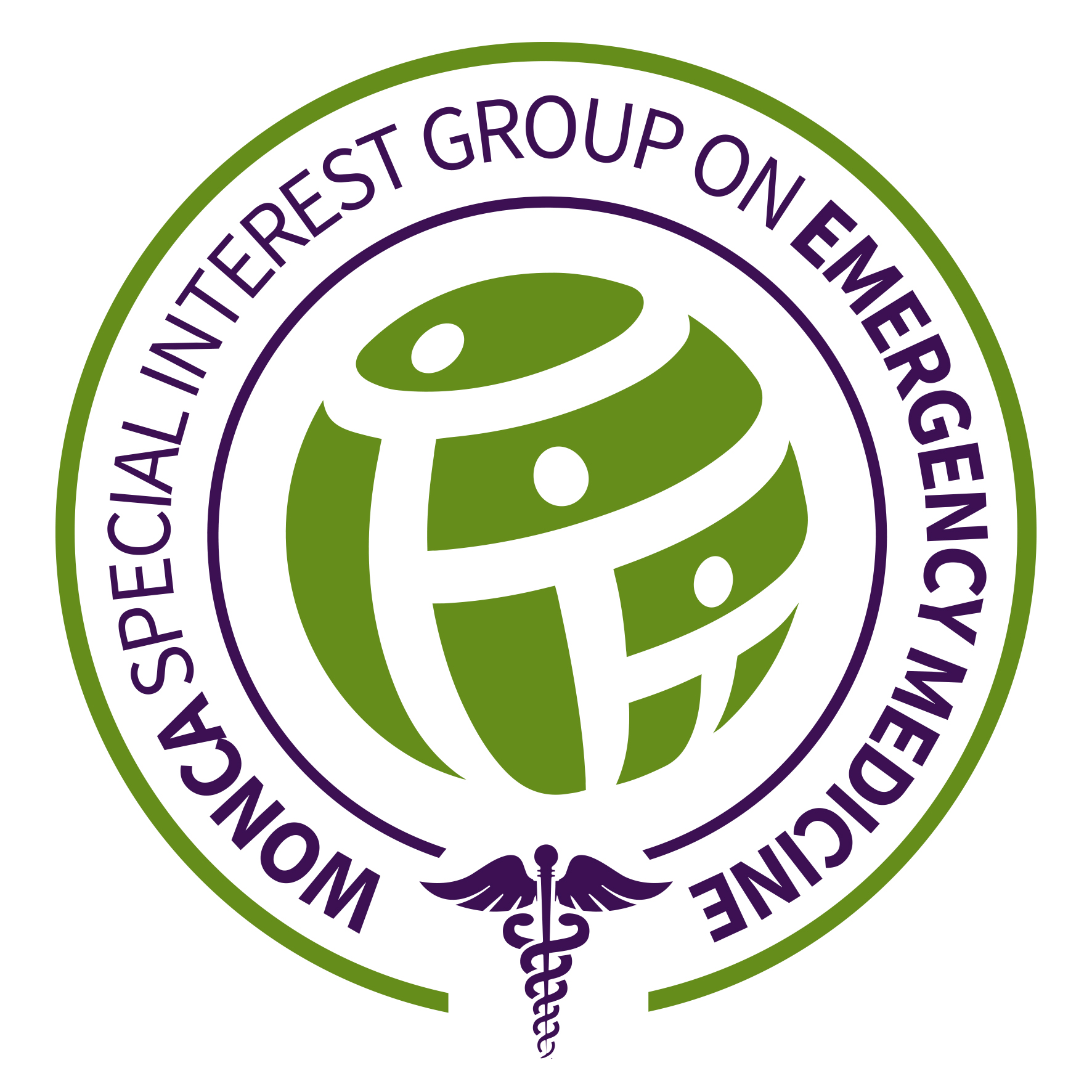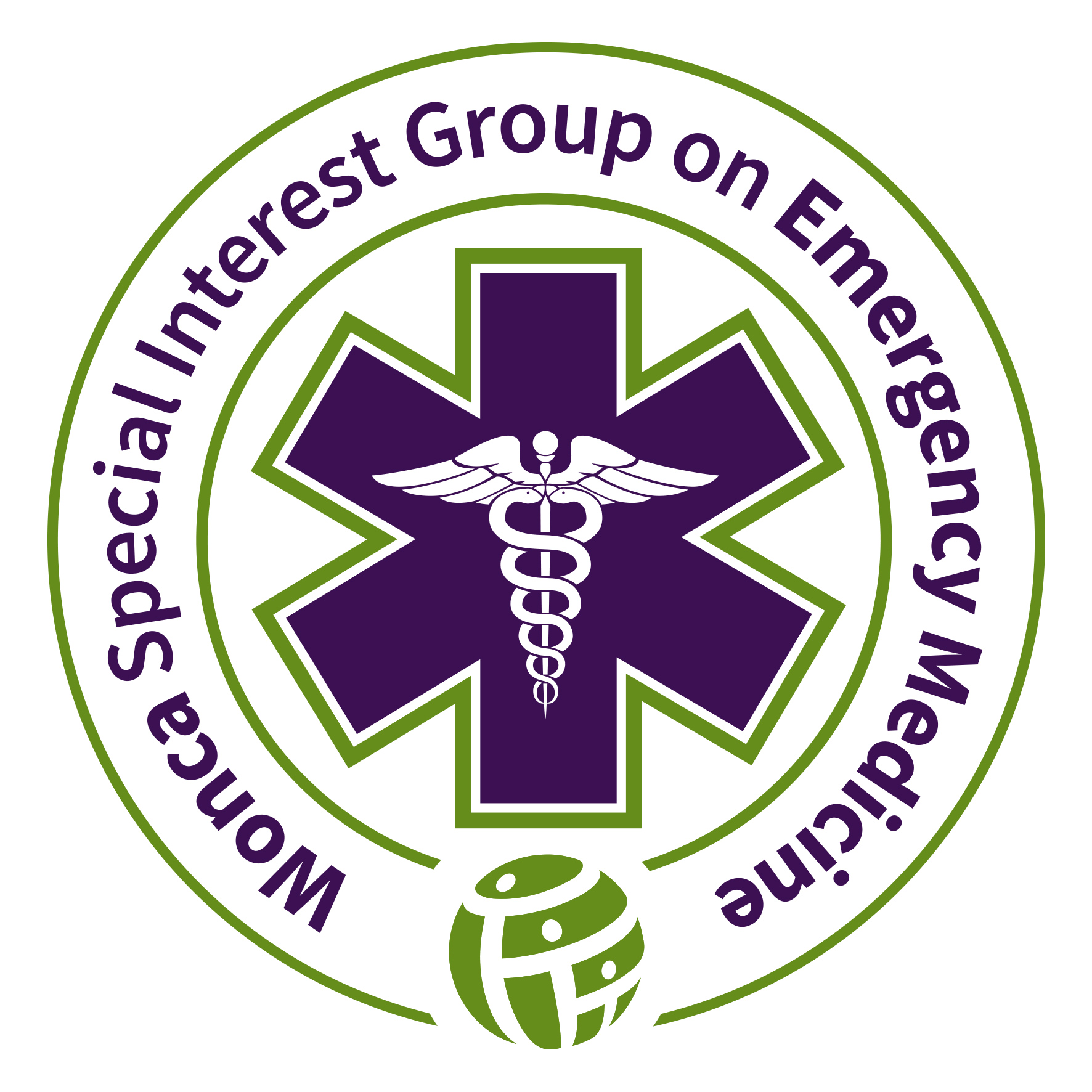

WONCA Special Interest Group on emergency Medicine was approved by the WONCA Council in October 2016. Membership is open to all interested family doctors, as well as we open our doors to all health workers whose activity is developed in the field of emergency medicine, medicine in hostile environments and remote areas.
Background
One of the reasons for the obvious difficulties in recruiting and retaining GPs in ERs, rural and remote areas could be the challenge of everyday emergencies and, quite often, the uncertainty of whether we could manage them. This is especially crucial for all the urban doctors, GPs working in modern small-town or rural communities, who work in relative professional isolation with a common lack of collegial support and an increasing proportion of elderly, frail and challenged population groups.
Family medicine encompasses the care of persons and families of all ages, all sexes, every organ system, and every disease entity from its acute presentation to its chronic management.
Many family doctors practice in an emergency medicine/urgent care setting. The American Academy of Family Physicians has a position paper in support of family doctors delivering emergency room care. Nearly 25% of members of the AAFP describe urgent care or emergency medicine as part of their scope of practice. In Canada, there are over 3000 family doctors who hold a certificate of special competency in emergency medicine. In addition, there are several thousands more family doctors who provide emergency medicine as part of a comprehensive continuing practice. The vast majority of in-hospital and out-of-hospital emergency professionals in Spain are currently Family Physicians (sometimes up to 80% of the workforce) together with other specialties (mainly Internal and Intensive Medicine). Many countries do not have a specialty in emergencies, often presenting adequate levels of quality (France, Germany ...) and others, such as Canada, New Zealand, and Australia, successfully combine the operation of professionals from both specialties in care of urgent and emerging pathologies which occur both at the first level of care (rural areas, Primary Care consultation, Continuous Care consultations) and at the hospital level. In many low middle income countries (LMIC), like Nepal or India it is primarily the general practitioners who provide acute medical care to patients in the rural community health centers and larger regional centers.
The latest version of the Teaching Program for the Specialty of Family and Community Medicine in many countries reviewed the entire content of the training period, given the "pluripotential training demand" in relation to Emergencies, it set the guidelines for training the future specialist so that he can work in emergency services, expanding teaching environments and including emergency units in which the activity of the future specialist can develop. Due to the high level of demand for urgent and emergent pathology care at all the levels of care (hospital level, remote and rural areas, Primary Care and Continuous Care consultations) and scarce resources of emergency specialists in the world, the Family Medicine's goal is focused today on ensuring that the scope of family medicine practice remains capable of serving all patient populations in diverse settings, including urgent / emergency care in a competent and compassionate manner.
Guaranteeing the quality of this preparation and hence the visibility, recognition and respect for our knowledge and work worldwide is our goal.